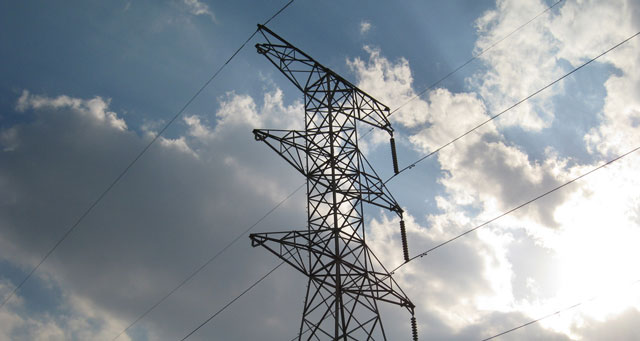
The electricity emergency that South Africa is facing this month could have been avoided with better planning, quality control measures and implementation, the Democratic Alliance said on Thursday.
Eskom said on Tuesday that it was declaring an electricity supply emergency due to the “loss of additional generating units from our power station fleet and the extensive use of emergency reserves”.
“We have alerted our key industrial customers and have required them to reduce their load by a minimum of 10%,” the state-owned company said.
The warning has raised fears that Eskom could resume load shedding to avoid a nationwide blackout.
DA shadow minister of public enterprises Natasha Michael said that according to Eskom, the power emergency is a result of a water leak at Eskom’s Duvha Power Station, and scheduled “aggressive maintenance”.
“This is the second major accident at Duvha power station,” Michael said. “In 2011, Eskom lost 600MW on the grid after a turbine test ended in an explosion. At the time, the explosion revealed a serious lack of quality control measures at the station.”
She said the 2011 accident cost the country R3bn and “compromised the energy supply”. She said public enterprises minister Malusi Gigaba must appoint a quality control assessment team to ensure that repairs at Duvha are “carried out properly and within the desired specifications”.
“The minister must also commission this team to conduct checks on all maintenance carried out at Eskom’s power stations and projects,” Michael said.
“We cannot afford the same mistake. Power cuts could have been avoided, and it is not too late to prevent load shedding.”
She added that if Eskom had delivered on its promise for the roll-out of the first unit from the Medupi power station by its initial deadline in 2012, the threat of rolling blackouts and load shedding could have been avoided.
“During this current crisis, public enterprises minister Malusi Gigaba needs to reassure South Africans that Eskom and the government is doing everything in its power to ease the burden on the energy grid while meeting the country’s demands.” — (c) 2013 NewsCentral Media




